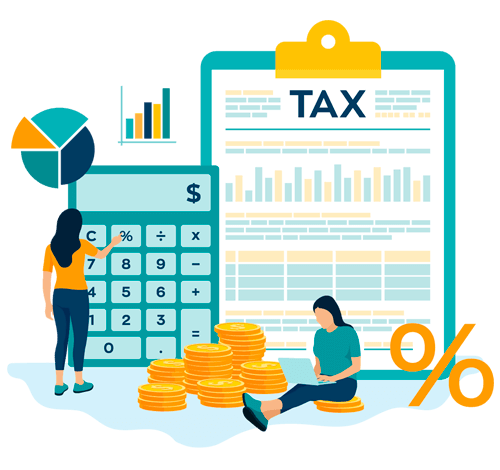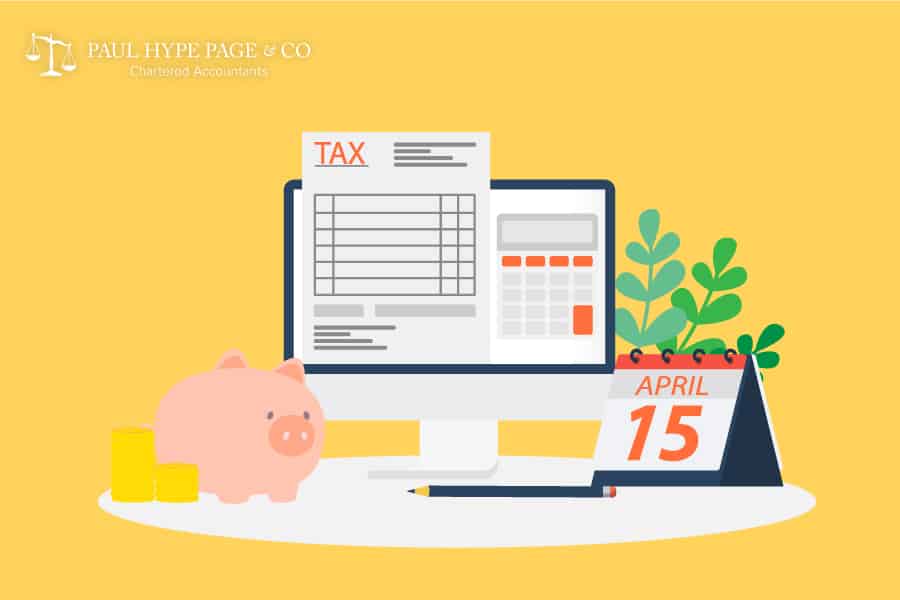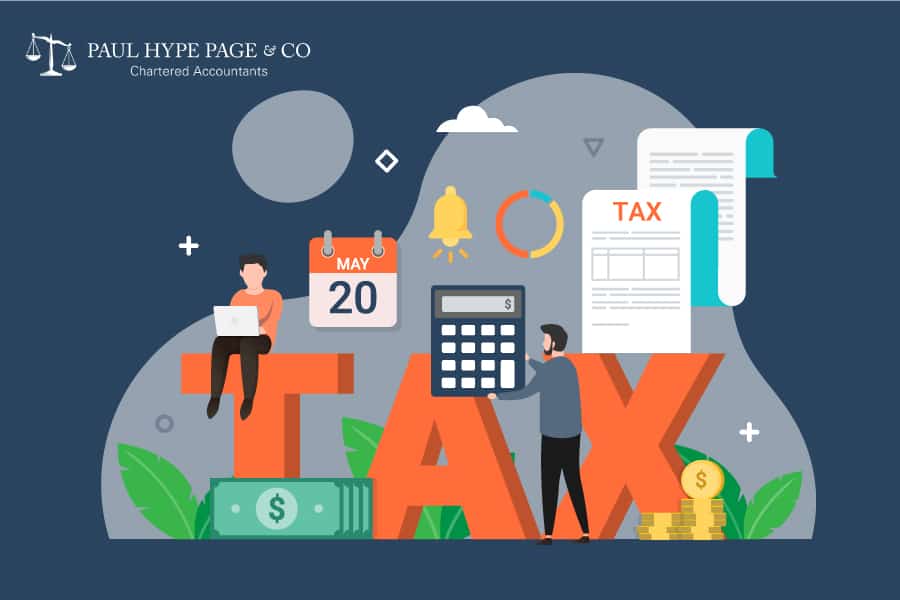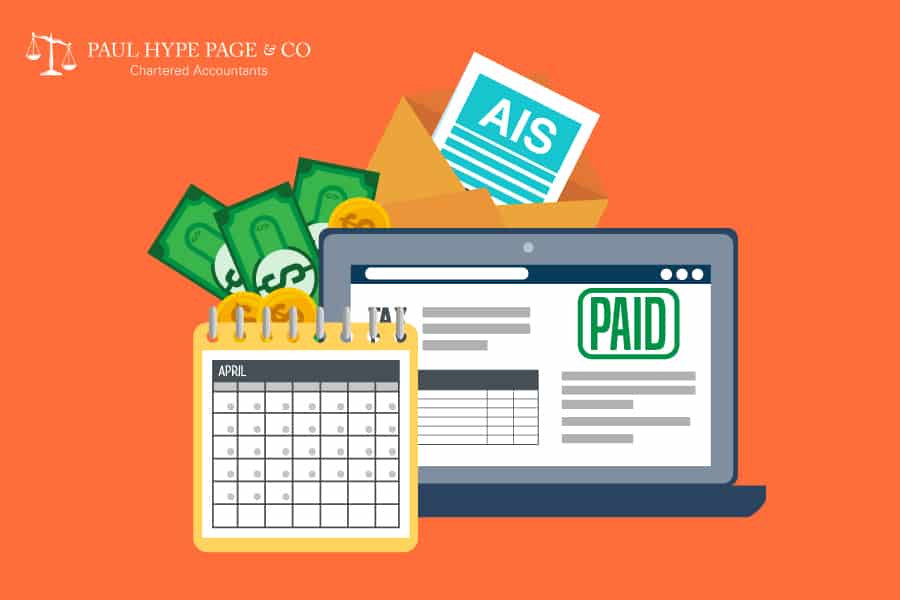If you’re planning to register or have already registered your company in Singapore, adhering to the country’s corporate tax regulations is a critical part of maintaining compliance, often referred to as tax compliance. Singapore’s tax system offers a range of benefits, including competitive tax rates, exemptions, and incentives designed to support businesses. To fully leverage these advantages while ensuring timely and accurate submissions, it’s essential to have a well-structured approach to tax management.
Singapore Corporate Tax
Many investors choose Singapore to start their company as the country is a tax haven jurisdiction. The low corporate tax rate of 17% and business-friendly taxation policies make Singapore an attractive destination for businesses. Singapore companies do not have to pay corporate taxes to tax authorities of more than one country the use of double taxation agreements (DTAs) with over 80 countries where Singapore firms can claim.
Related Read: Tax Residency in Singapore
Corporate Tax Checker
Check Your Singapore Corporate Tax Payable
Enter your chargeable income to generate the net tax payable for new startup exemptions and partial tax exemptions.
Our Singapore Corporate Tax Services
We specialize in managing corporate taxation in Singapore, ensuring your tax compliance aligns with the required standards for corporate tax submissions and filings while providing expert guidance on tax exemptions and incentives.
Experienced Business Consultants
Our 2 Decades of Proven Expertise Will Guide Your Business
With over two decades of expertise spanning Singapore, Malaysia, Indonesia, and Hong Kong, we have successfully assisted more than 2,000 companies in achieving seamless compliance with corporate tax regulations. In Singapore, our in-depth understanding of tax frameworks and regulatory requirements enables us to deliver exceptional outcomes for businesses navigating the complexities of local tax obligations. As trusted advisors, we leverage strategic insights and customized tax strategies to empower companies, ensuring precise filings, enhanced tax efficiency, and a solid foundation for growth in Singapore’s competitive business landscape.

How to File Your Yearly Corporate Tax Filing?
Declaration of Revenue in an ECI Form
The ECI must be stated, and company’s revenue must also be declared in the ECI Form. This declaration is compulsory with effect from January 2017.
Revenue refers to a company’s main source of income and excludes items such as gain on disposal of fixed assets. If the company is an investment holding company, the main source of income is investment income (e.g., interest and dividend income).
Should the audited financial statements be unavailable, one can refer to the company’s management accounts for the purpose of declaring the revenue amount. Should the revenue amount based on audited financial statements be different from that declared in the ECI Form, and there is no change in the ECI, the revenue figure does not have to be revised.
What Business Expenses to Be Included in Tax Computations?
Business expenses are expenses paid to keep a business in operation. However, business expenses may be deductible or non-deductible. When deductible, they reduce a taxpayer’s taxable income and the amount of tax which must be paid.
Deductible Business Expenses
Generally, deductible business expenses are those “wholly and exclusively incurred in the production of income”. In other words, they must satisfy all these conditions:
Types of Corporate Tax in Singapore & Their Rates
The Singapore corporate tax rate is at 17%. This is a flat rate on chargeable income, regardless of whether it is a local or foreign company.
There are multiple types of corporate taxes in Singapore, find out below which ones are the most applicable to you!
| Type of Singapore Corporate Tax Rates | Tax Rate (%) |
| Headline Tax on Corporate Profits | 17% |
| Effective Tax on New Start-Up Company on $300k Profits | 7.34% |
| Effective Tax on Existing Companies Incorporated more than 3 Years on $300k Profits | 8.39% |
| Tax Rate on One-Off Capital Gains from Company’s Divestment | 0% |
| Tax Rate on Dividends Distributed to Local and Overseas Shareholders | 0% |
| Tax Rate on Foreign-Sourced Income Not Accruing in or Derived From Singapore | 0% |
Start-up Tax Exemptions in Singapore
If you’ve just recently incorporated your company, you can tap into the Tax Exemption Scheme to enjoy tax-exempted operations for the first 3 Years of Assessment (YA) based on satisfying the eligibility requirements.
Tax Exemption Scheme for New Start-Up Companies
The Tax Exemption Scheme for New Start-Up Companies in Singapore is 75% tax-exemption (first $100,000 of chargeable income) and 50% tax-exemption (next $100,000 of chargeable income).
Partial Tax Exemption (PTE)
You can also continue to enjoy Partial Tax Exemption (PTE) from the fourth year onwards. The rates are at 75% tax-exemption (first $10,000 of chargeable income) and 50% tax-exemption (next $190,000 of chargeable income).
Eligibility Requirements for the Corporate Tax Exemption Scheme
The company needs to:

Reduce Your Singapore Corporate Tax Bill
The tax exemptions for qualifying companies (e.g. new start-up companies) for their first 5 consecutive Years of Assessment are as follows:
| Tax Exemption Scheme for New Start-Up Companies (YA 1 – 3) | 75% Tax Exemption | For First $100,000 Chargeable Income |
| Tax Exemption Scheme for New Start-Up Companies (YA 1 – 3) | 50% Tax Exemption | For Next $100,000 Chargeable Income |
| Partial Tax Exemption (PTE) (YA 4 onwards) | 75% Tax Exemption | For First $10,000 Chargeable Income |
| Partial Tax Exemption (PTE) (YA 4 onwards) | 50% Tax Exemption | For Next $190,000 Chargeable Income |
Other ways to reduce corporate tax
Our Singapore Corporate Tax Guides
Get insights on the Singapore corporate tax landscape so you understand the exemptions that you can have for your business and more.






